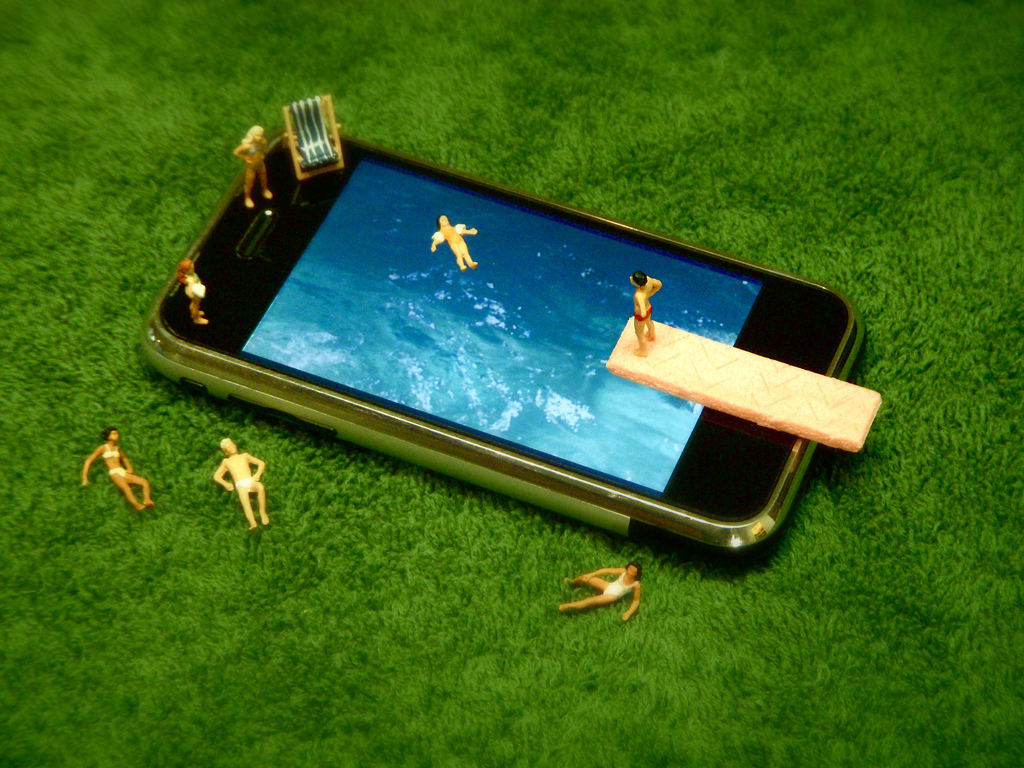CDC Warns Everyone Not To Poop In Pools And Hot Tubs
Over the last decade or so, cases of chlorine-resistant Cryptosporidium have increased. Crypto, as it’s called, and other waterborne illnesses can be prevented by taking a few basic steps.
This week, the CDC published a study of waterborne illnesses in 2011 and 2012, based on data from 32 states and Puerto Rico. There were 1,788 documented cases of these illnesses, which sent 95 people to the hospital and caused one death.
The study probably under-counted cases, since people with mild illnesses generally don’t bother to report them, but showed that outbreaks of these illnesses, especially chlorine-resistant Crypto, are increasing over time.
Here’s how to prevent these illnesses while you have fun this summer:
- Shower. Many of these pathogens also pass through sweat, so wash your sweaty self off before getting in the water.
- Use chlorine in your hot tub and pool. Yes, while one of the common pathogens that make people sick is chlorine-resistant, most of them aren’t, which means that you should maintain any recreational water that you’re in charge of.
- Don’t relieve yourself in the water. Yes, that means urine and feces. Get out of the water for bathroom breaks, especially if you’re caring for small kids. If a diaper needs changing, do it far away from the pool.
- Don’t swallow any water.
Outbreaks of Illness Associated with Recreational Water — United States, 2011–2012 [CDC]
Healthy Swimming/Recreational Water [CDC]
Want more consumer news? Visit our parent organization, Consumer Reports, for the latest on scams, recalls, and other consumer issues.


